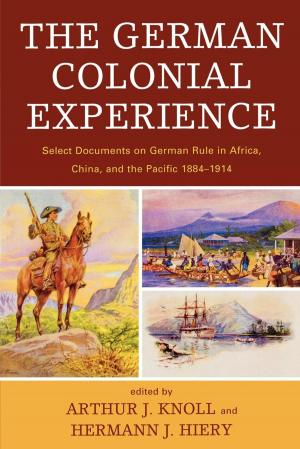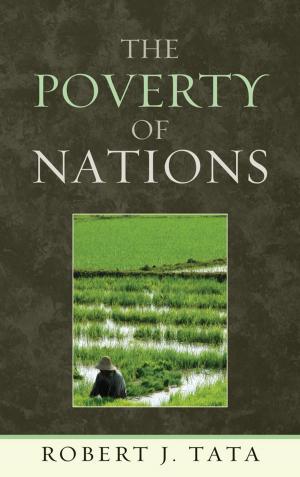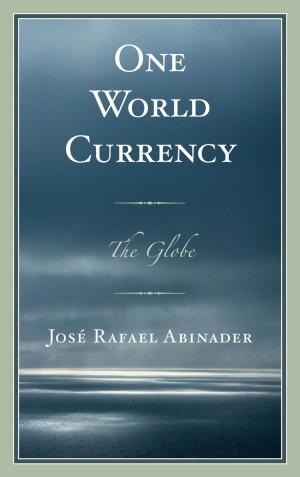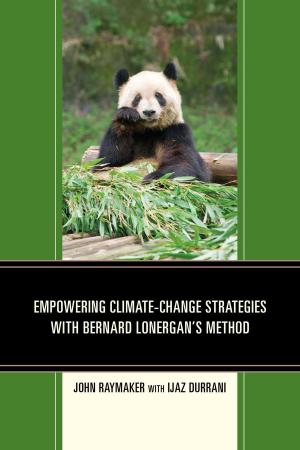China, Taiwan, Japan, the United States and the World
Nonfiction, Social & Cultural Studies, Political Science, International, International Relations| Author: | Kenneth W. Thompson | ISBN: | 9781461678571 |
| Publisher: | UPA | Publication: | March 5, 1998 |
| Imprint: | UPA | Language: | English |
| Author: | Kenneth W. Thompson |
| ISBN: | 9781461678571 |
| Publisher: | UPA |
| Publication: | March 5, 1998 |
| Imprint: | UPA |
| Language: | English |
China, Taiwan, Japan, the United States and the World is the fifth volume in the Miller Center's series on Asian political leadership. As part of the Center's ongoing research program, recognized authorities participate in forums, colloquia, and conferences. The contributors are a unique mix of scholars, administrators, and diplomats whose expertise serves as a rich resource for students of government and foreign policy. Their efforts provide a comparative dimension to the Center's programs. The book is divided into four sections. Part I focuses on China, Taiwan, and Southeast Asia after the Cold War. Part II focuses on Japan and its role in the future of international politics. Part III addresses the patterns and principles that dictate Asian culture and development. Part IV provides a theoretical and structural analysis of the future of Asian politics and economics. China, Taiwan, Japan, the United States and the World provides valuable information on the economics, politics, and culture of Asian countries from theoretical and historical perspectives. In addition, the book predicts the future of these nations, their relations with the United States, and their role in the international arena.
China, Taiwan, Japan, the United States and the World is the fifth volume in the Miller Center's series on Asian political leadership. As part of the Center's ongoing research program, recognized authorities participate in forums, colloquia, and conferences. The contributors are a unique mix of scholars, administrators, and diplomats whose expertise serves as a rich resource for students of government and foreign policy. Their efforts provide a comparative dimension to the Center's programs. The book is divided into four sections. Part I focuses on China, Taiwan, and Southeast Asia after the Cold War. Part II focuses on Japan and its role in the future of international politics. Part III addresses the patterns and principles that dictate Asian culture and development. Part IV provides a theoretical and structural analysis of the future of Asian politics and economics. China, Taiwan, Japan, the United States and the World provides valuable information on the economics, politics, and culture of Asian countries from theoretical and historical perspectives. In addition, the book predicts the future of these nations, their relations with the United States, and their role in the international arena.















